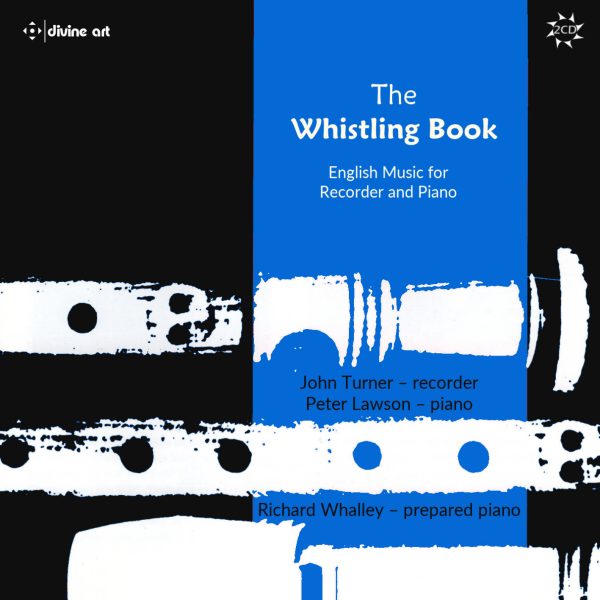American Record Guide
Most of this recording was made in 1988 on recorders by Friedrich von Huene of Brookline, Massachusetts, Hiroyuki Takeyama of Osaka, and Hermann Moeck of Celle. A few new tracks were added, from 2017 and 2021, for this reissue. It surveys English composers of the 20th Century along with a few more recent pieces. The Suite Alan Rawsthorne wrote for an amateur in 1939 was long believed to be lost, then found in 1992 and performed again the following summer. Most of the selections are suites of short movements with descriptive titles, like ‘ Barbecue Blues’. They are not typical of the concert music of their time since they’re for the domestic setting.
In 1779 CPE Bach self-published a set of six keyboard sonatas “for connoisseur and amateur”. These pieces are pitched at the amateur. The Jewish Austrian-American violinist and composer Hugo Kauder liked the term “music for playing” or spielmusik to describe such pieces. The point is that unlike much of our concert music these examples are written for playing as much as for hearing. They are what the recording and broadcast of sound and video have replaced almost entirely—which is doing it yourself, given a piano and someone who can play it too.
Although the recorder playing is quite good in an absolute sense, it lacks the finer touches and qualities that usually distinguish the amateur from the professional. I don’t like the mild trace of shallow vibrato I detect sometimes, and many notes just end, though that’s due partly to the nature of the instrument and cannot be altered, just hidden. On occasion the writing gets more adventurous: the ‘ Barbecue Blues’ includes flutter-tonguing. What’s missing so often is spirit or fun in the playing, and drama or contrast in the writing. What we encounter here is the even keel of the British temperament. It’s what makes it characteristic and distinct. The execution is full of duty, so it lacks what the trained ear hopes to encounter with every performance of classical concert repertory, often called inspiration or bringing it to life. Thus although the contents are practical, straightforward, pleasant, and consistently good, they might not amount to pleasure for the most discerning potential listeners. Mozart, Haydn, and Schubert wrote for amateurs in their time. Here are some counterparts to their examples from the 20th Century—the guinea pigs and hamsters of the musical realm, which I don’t believe is any disservice to say.
@divineartrecordingsgroup
Search
Newsletter
A First Inversion Company
Registered Office:
176-178 Pontefract Road, Cudworth, Barnsley S72 8BE
+44 1226 596703
Fort Worth, TX 76110
+1.682.233.4978












